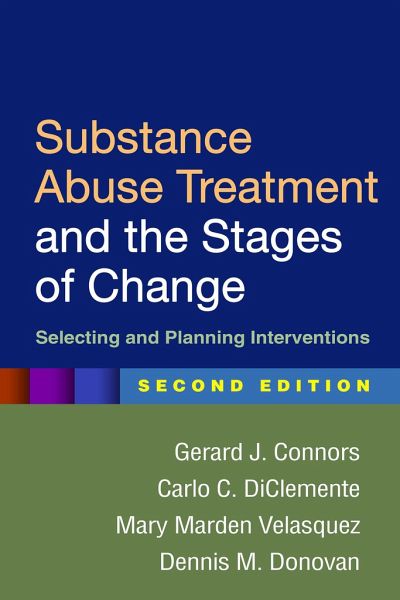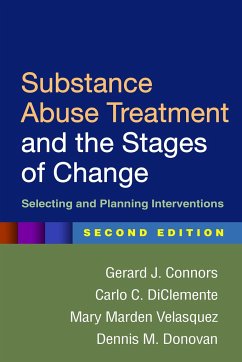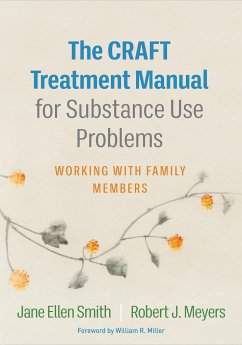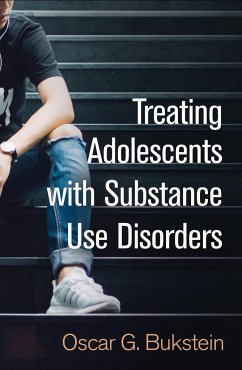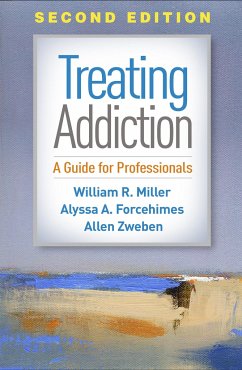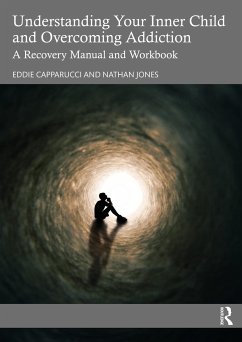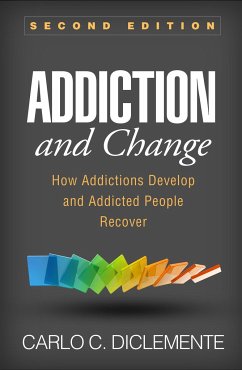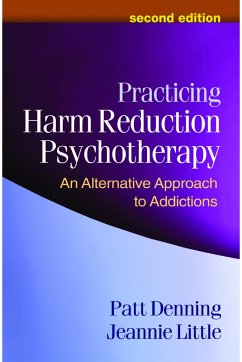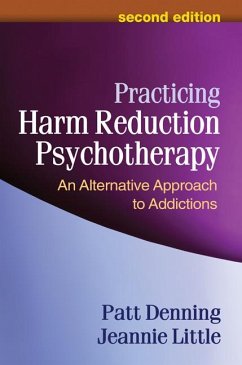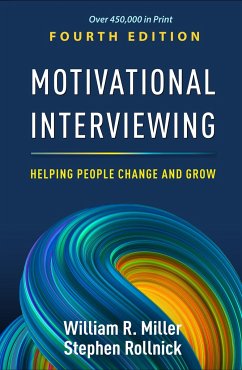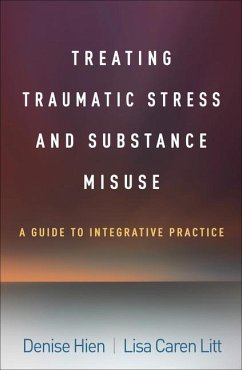Gerard J. Connors, PhD, is Senior Research Scientist and former Director of the University at Buffalo Research Institute on Addictions. His clinical research interests include treatment of substance use disorders, patient-treatment matching, early interventions with heavy drinkers, the role of the therapeutic alliance in addictions treatment, and treatment outcome evaluation. Dr. Connors has authored or coauthored over 100 articles, book chapters, and books in the area of alcoholism and addictive behaviors. Carlo C. DiClemente, PhD, ABPP, is Professor Emeritus of Psychology at the University of Maryland, Baltimore County (UMBC), and Director of the MDQuit tobacco resource center, the Center for Community Collaboration, and the Home Visitor Training Certificate Program at UMBC. He is codeveloper of the transtheoretical model of behavior change and author of numerous scientific publications on motivation and behavior change with a variety of health and addictive behaviors. His books include Addiction and Change, Second Edition ; Substance Abuse Treatment and the Stages of Change, Second Edition; Group Treatment for Substance Abuse, Second Edition; and the self-help resource Changing for Good. Dr. DiClemente is a recipient of awards including the Lifetime Achievement Award from the Addictive Behaviors Special Interest Group of the Association for Behavioral and Cognitive Therapies, the John P. McGovern Award from the American Society of Addiction Medicine, the Innovators Combating Substance Abuse award from the Robert Wood Johnson Foundation, and a Presidential Citation from the American Psychological Association. Mary Marden Velasquez, PhD, is the Director of the Health Behavior Research and Training (HBRT) Institute at the School of Social Work, University of Texas at Austin. For more than 20 years, Dr. Velasquez has developed and studied behavioral interventions in the areas of group therapy, integrated primary care, screening and brief interventions, fetal alcohol spectrum disorder, alcohol and other drug abuse, prenatal health, sexually transmitted disease and HIV prevention, and smoking cessation. With particular expertise in the use of evidence-based brief interventions in health care, substance abuse treatment, and criminal justice settings, she is the author of numerous publications on motivational interventions in high-risk settings. She is a member of the Motivational Interviewing Network of Trainers (MINT). Dennis M. Donovan, PhD, is Director of the Alcohol and Drug Abuse Institute and Professor in the Department of Psychiatry and Behavioral Sciences at the University of Washington School of Medicine. He has over 200 publications, including five books, in the area of alcohol and drug dependence. He served as President of the Society of Psychologists in Addictive Behaviors and is a Fellow of Division 28 (Psychopharmacology and Substance Abuse) and Division 50 (Society of Addiction Psychology) of the American Psychological Association.
